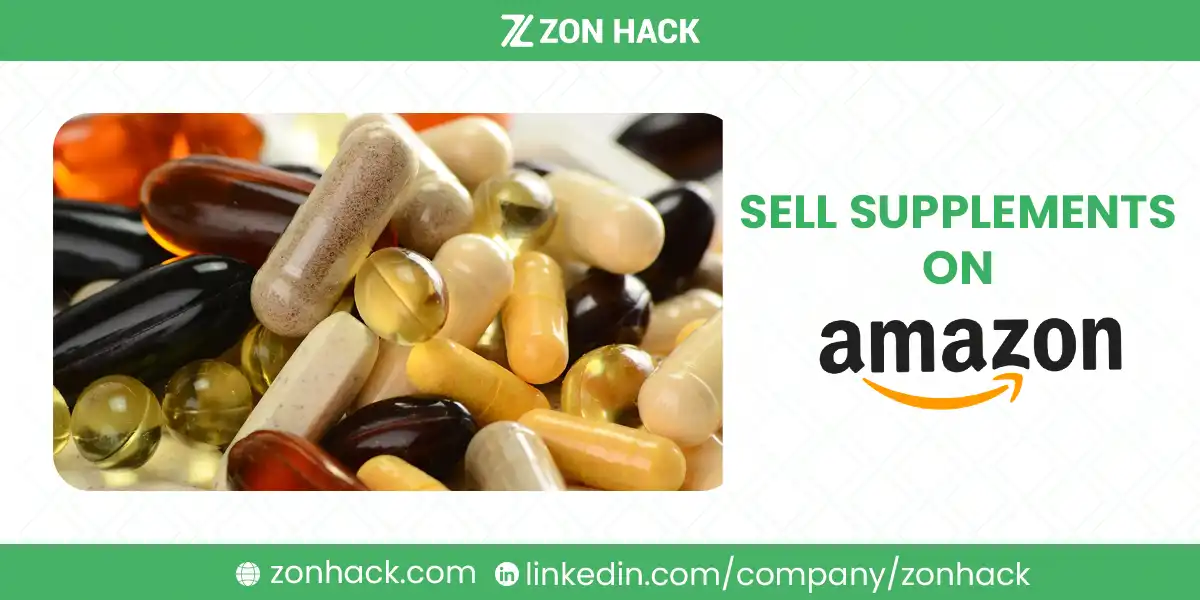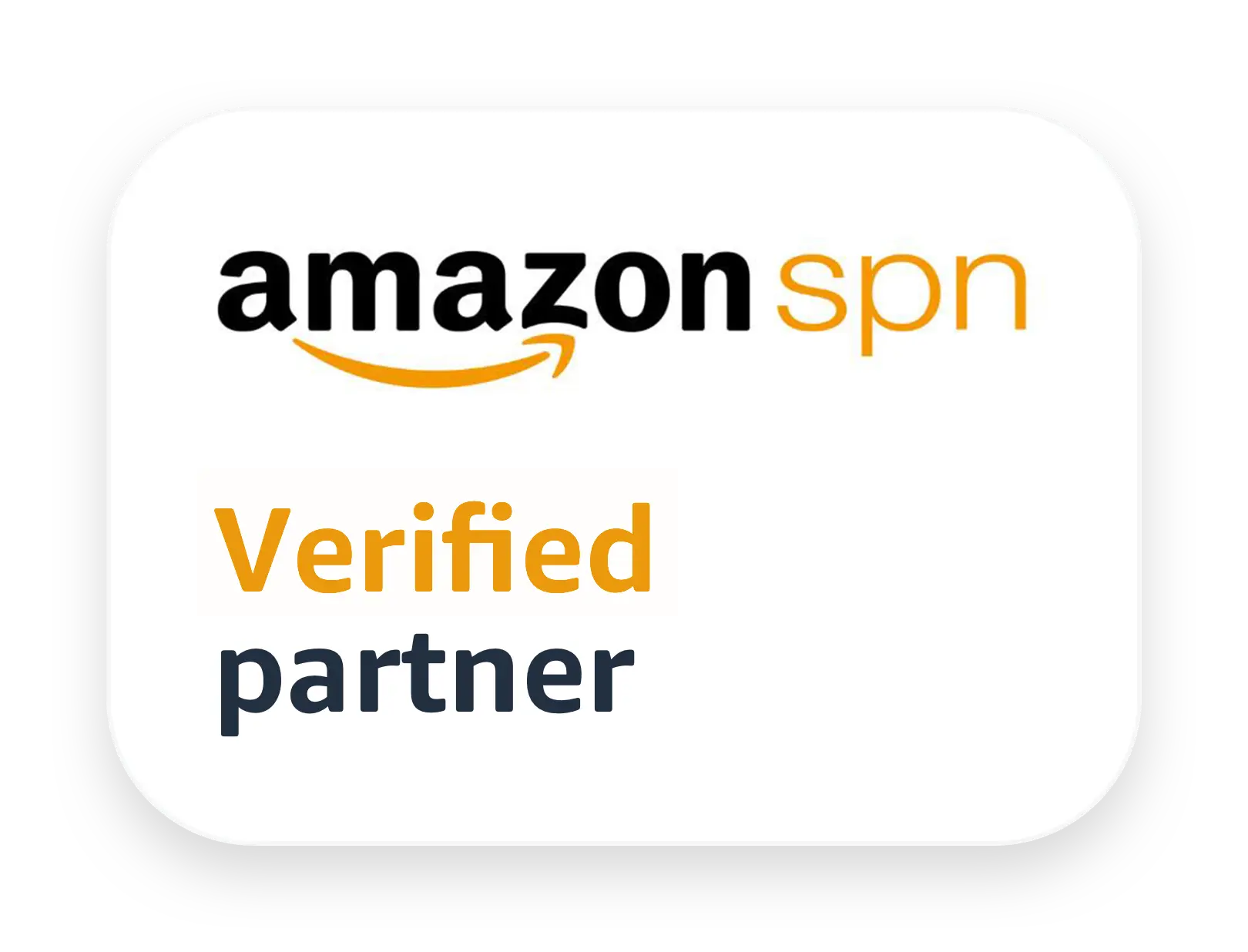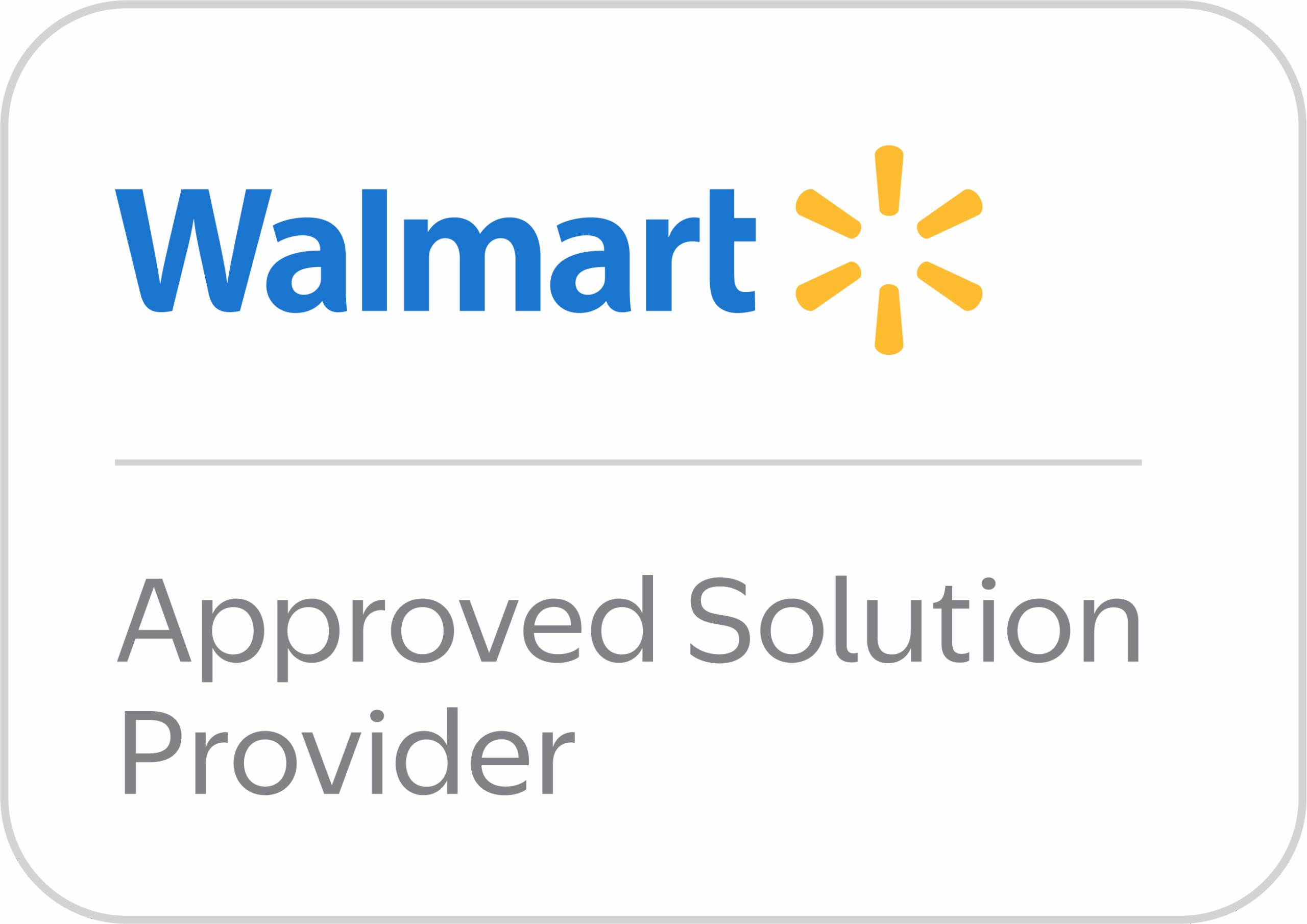Selling supplements on Amazon presents an exciting yet challenging opportunity. As one of the fastest-growing segments in e-commerce, the supplement industry allows you to tap into a vast customer base. But selling in this category is not just about uploading products and waiting for sales—it involves navigating stringent regulations, understanding market trends, and building a strong brand to compete in a crowded space.
In this article, you’ll learn step-by-step how to sell supplements on Amazon, covering everything from understanding regulatory compliance to creating high-quality listings and effective marketing strategies. By the end, you’ll be equipped to launch your supplement business and scale it effectively.
Why Sell Supplements on Amazon?
The global supplement industry is valued at over $150 billion and is expected to grow at a compound annual growth rate (CAGR) of 8.2% through 2030. With such promising figures, Amazon has become a top platform for supplement sellers due to its massive customer base, seamless logistics through Fulfillment by Amazon (FBA), and powerful marketing tools.
However, selling supplements is not without challenges. The market is highly competitive, requiring sellers to invest heavily in advertising, branding, and customer trust-building. Moreover, the regulatory landscape is strict—failing to meet Amazon’s and FDA’s requirements can result in product removal or account suspension.
Despite these hurdles, thousands of sellers are thriving in this space, leveraging market research, innovative product niches, and superior customer service. With the right approach, you can join their ranks.
Things You Need to Consider Before You Begin Selling Supplements on Amazon
Selling supplements on Amazon is unique because of the legal and compliance requirements involved. Before starting, you need to ensure that your products and business practices align with Amazon’s policies and FDA guidelines.
Amazon has specific rules to ensure the safety and quality of supplements sold on its platform:
Third-Party Testing
All supplements must be tested by an Amazon-approved laboratory. The test results, including those for contaminants and active ingredients, must be sent directly to Amazon.
Manufacturing Standards
Supplements must be produced in FDA-compliant, cGMP-certified facilities (current Good Manufacturing Practices). This ensures proper manufacturing, packaging, and storage standards are followed.
Labeling Requirements
Labels must be in English and include the following:
- The product name and net quantity.
- A Supplement Facts panel.
- A complete list of ingredients.
- The name and address of the manufacturer, packer, or distributor.
- Important: Labels or product pages cannot make unverified health claims, such as curing or preventing diseases.
These regulations might seem daunting, but compliance is non-negotiable. Failing to adhere can lead to penalties, including product removal or account suspension.
Conducting Market Research for Supplement Category
Choosing the right product is critical to succeeding in the competitive supplement category. A deep understanding of market demand and competitor strategies will help you identify opportunities.
Identifying Profitable Niches
Tools like ZonHack, Helium 10 and Jungle Scout can provide insights into high-demand, low-competition products. For instance, consider targeting niches such as:
- Supplements for pets, like joint health chews for dogs.
- Plant-based supplements, such as mushroom extracts (e.g., Lion’s Mane or Reishi).
- Specialized products, like vegan protein powders or probiotics for women.
Tracking Market Trends
Look for products with consistent sales growth, positive reviews, and increasing search volume. Seasonal trends can also be a goldmine—weight-loss supplements, for example, see a spike in demand during New Year resolution periods.
Competitor Analysis
Evaluate competitors to understand pricing strategies, branding techniques, and customer pain points. Use this data to refine your offering and differentiate yourself.
Sourcing and Manufacturing Supplements for Amazon
Quality is paramount when selling supplements. Customers scrutinize ingredients, certifications, and reviews before making a purchase. This means your sourcing and manufacturing practices must be impeccable.
Choosing a Supplier
Avoid sourcing supplements from unreliable platforms like Alibaba, as they often fail to meet FDA and Amazon standards. Instead:
- Work with suppliers who follow cGMP protocols.
- Verify their certifications and ask for documentation.
- Choose a supplier experienced with Amazon’s compliance requirements.
Testing and Quality Assurance
Third-party testing isn’t just a regulatory requirement—it’s a key trust factor. Ensure your products are free from contaminants and accurately labeled. Providing Certificates of Analysis (COAs) can reassure customers of your product’s safety.
Creating a High-Quality Listing for Supplements on Amazon
A well-optimized listing is your primary sales tool on Amazon. It must be both compliant with Amazon’s rules and designed to convert browsers into buyers.
Optimizing Titles and Descriptions
Your product title should include relevant keywords without being overly stuffed. For example:
“Organic Turmeric Supplement – 120 Capsules – Supports Joint Health & Immune System”
Descriptions and bullet points should emphasize benefits, such as improved energy or digestion, while adhering to Amazon’s restrictions on health claims.
Visual Content
Images play a critical role in driving conversions. Use a mix of:
- High-resolution product images.
- Infographics explaining benefits and key ingredients.
- Lifestyle images showing your supplement in use.
How to Build Your Supplement Brand
In a competitive market like supplements, a strong brand is essential for long-term success.
Amazon Brand Registry
Register your brand with Amazon to unlock features like A+ Content and Amazon Stores. These tools allow you to create visually appealing product pages and build a cohesive brand presence.
Building Trust
Trust is everything in the supplement industry. Use high-quality packaging, clear communication, and prompt customer service to establish credibility. Positive reviews and testimonials can significantly enhance your brand’s reputation.
Marketing and Promotion Strategies to Grow Your Supplement Business
Amazon Advertising
Utilize Amazon’s ad tools, including:
- Sponsored Products: Promote individual products in search results.
- Sponsored Brands: Highlight your brand logo and multiple products.
- Sponsored Display: Target customers based on their browsing behavior.
External Traffic
Social media platforms like Instagram and TikTok can drive traffic to your listings. Collaborating with influencers in the health and wellness space is a great way to boost visibility.
Building Loyalty
Enroll your products in Amazon’s Subscribe and Save program to encourage repeat purchases. Offering discounts for subscriptions can drive long-term customer loyalty.
Managing Customer Service and Feedback
Providing superior customer service is crucial for maintaining high ratings and building trust. Promptly address customer queries and use feedback to improve your product or service. Regularly monitor reviews to identify recurring issues and resolve them proactively.
Wrap Up
Selling supplements on Amazon is a lucrative but challenging endeavor. By complying with regulations, conducting thorough market research, and investing in quality and branding, you can establish a successful business. Start small, focus on building trust, and scale your business with the right tools and strategies. With dedication, the possibilities are endless.




